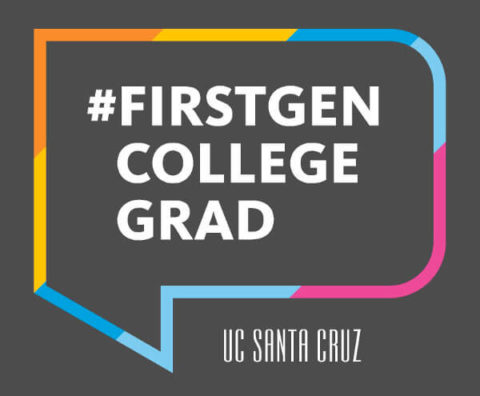In 1992, Darrick Smith graduated from high school. In that same year, his hometown of Oakland had 175 homicides.
Above: Darrick Smith, Photo by Anastasiia Sapon
At that time, the social problems in his city were making international headlines. The Associated Press ran a story entitled, “1992: Bloodiest Year in Oakland History.”
 By then, Smith had already made up his mind to do something about this grim statistic. In his sophomore year, he dedicated his attention to exploring solutions to the bloodshed and desperation that had plagued what he calls his “beautiful and powerful city.”
By then, Smith had already made up his mind to do something about this grim statistic. In his sophomore year, he dedicated his attention to exploring solutions to the bloodshed and desperation that had plagued what he calls his “beautiful and powerful city.”
“I was losing classmates and seeing a lot of violence,” he said.
Smith made good on his promise to himself and to his hometown. After graduating from UC Santa Cruz, he moved back to Oakland, created a youth development program at his old high school, then spent more than a decade implementing and overseeing it.
Smith went on to work as the co-principal of the June Jordan School for Equity, a small public high school in San Francisco’s Excelsior neighborhood.
These days, he is spending his time grooming future school administrators, immersing them in culturally responsive discipline practices, critical pedagogy, transformative school leadership skills, and social justice issues. His classes are especially designed for people studying to become school principals.
He is currently an assistant professor of educational leadership at the University of San Francisco, which hired him to help revamp a 50-year-old school leadership program and teach graduate students in the areas of transformational leadership and social justice. He wants his students to grow into leaders who will challenge social ills through their work in schools.
“We are preparing principals to address how people are humanized or dehumanized through the school experience,” he said.
Smith, as a first-generation college student, felt a pressure to thrive. That pressure—much of it internal—gave him a tight focus for his time at UC Santa Cruz.
“There’s a narrative that you go to college to find yourself and explore. For many of us, that’s not the case,” Smith said.
In his time on campus, and in the years since he graduated, Smith was determined to give back to his community. “We’re on a mission,” he said. “We’ve got a job to do.”

